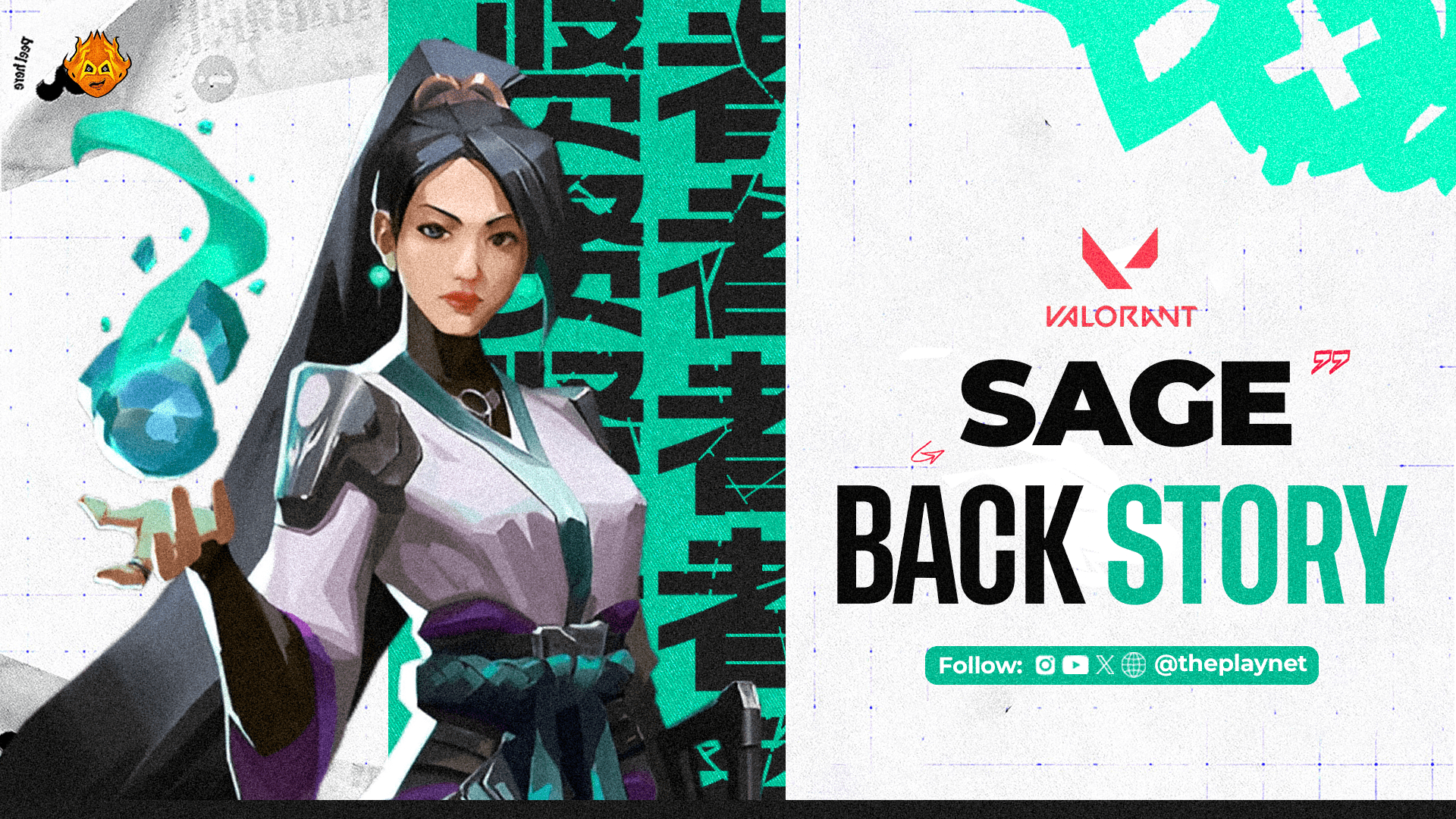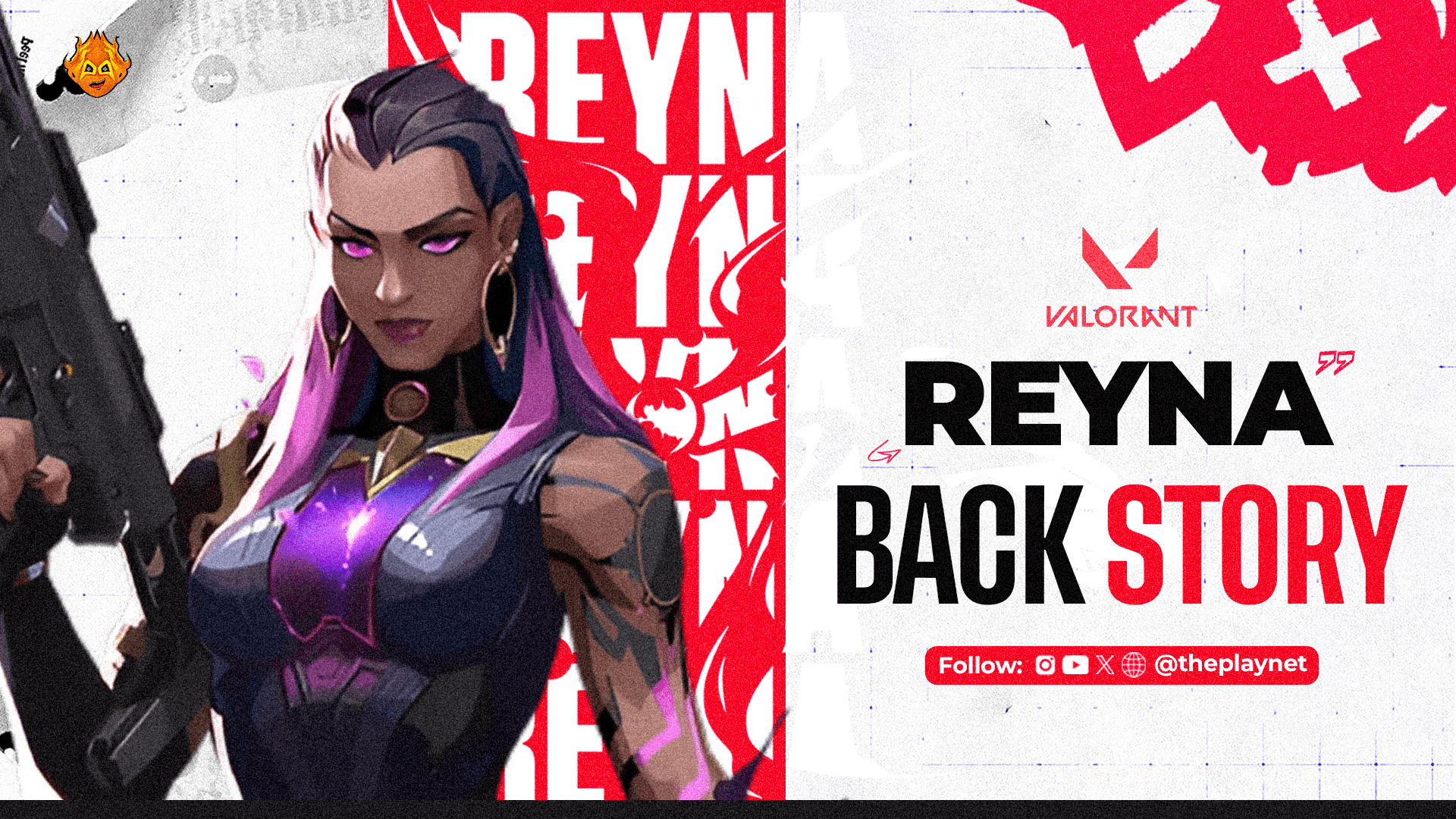
Recent disbandments of renowned Valorant rosters by organizations like Velocity Gaming and Orangutan prompted heated discussions within the Indian esports community. Conversations escalated, highlighting concerns regarding sustainability, high player salaries, the absence of LAN tournaments, and the inadequate social media presence of athletes. Several Indian tournament organizers (TOs) pointed fingers at Riot Games, alleging the company's licensing and restrictions as the cause behind the Valorant ecosystem's decline.
CEO Kartik Sabherwal of Upthrust Esports expressed concern, suggesting that limiting the ecosystem's scope would inevitably lead to the game's downfall. Kuldeep Lather, founder of Villager Esports, added that securing a license to host a Valorant tournament was exceptionally challenging. Lather further claimed that a Riot Games representative behaved "arrogantly and disrespectfully."
In response to these allegations, Sukamal Pegu, Riot Games India & South Asia Esports Lead, addressed the accusations in an exclusive interview with AFK Gaming. Pegu affirmed Riot Games' commitment to fostering global and Indian esports growth, emphasizing a player-first approach and a dedication to nurturing talent. He acknowledged the ongoing evaluation of tournament modules to address concerns and emphasized the aim of cultivating a robust esports ecosystem.
The exodus of Indian teams from the Valorant ecosystem, starting with Velocity Gaming's disbandment, raised pertinent questions. Orangutan Gaming followed suit, attributing the ecosystem's unsustainability to factors like high salaries, limited tournaments, and low viewership numbers.
Sabherwal supported Jai Shah's statement, blaming the limited ecosystem for the scenario. He highlighted Upthrust Esports' efforts to promote Valorant through grassroots and invitational events but faced obstacles due to multiple licensing restrictions. Emphasizing the significance of third-party tournaments, Sabherwal advocated for a more inclusive approach by the publisher to foster growth.
Similar concerns about licensing issues were echoed by Kuldeep Lather, who emphasized the challenges faced by Villager Esports in acquiring a license. Lather shared his experience of encountering difficulty communicating with a Riot Games representative, terming it "arrogant and disrespectful."
Sabherwal proposed that a well-structured approach, allowing multiple TOs to host events, would invigorate and sustain the ecosystem. He commended Krafton's strategy with Battlegrounds Mobile India, citing the importance of inclusivity and the nurturing of raw talent.
The discussion pointed out the necessity for a more open ecosystem to facilitate organic growth and sustain the game's vitality.
Also Read: IHC Esports Claims Victory in PUBG Mobile Global Championship 2023

2 months ago

2 months ago

2 months ago

2 months ago

2 months ago